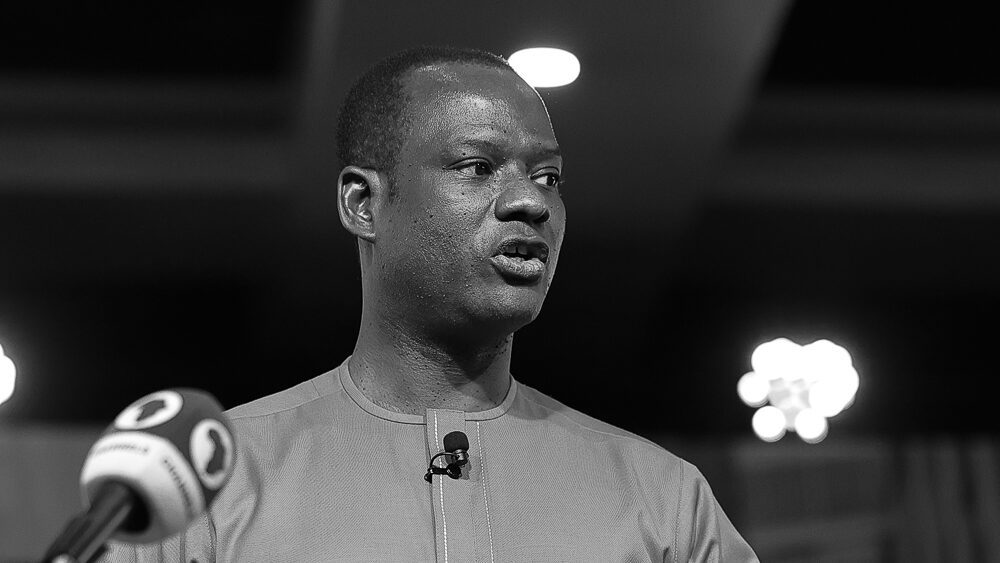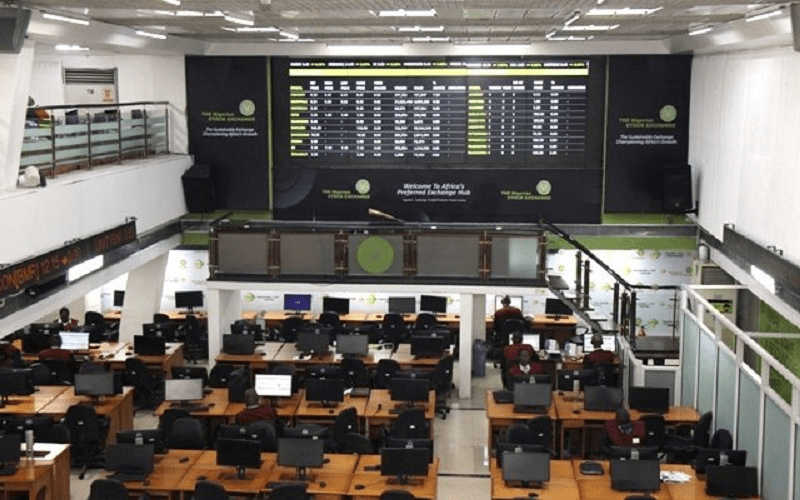

A decade ago, India, the world’s largest democracy, proudly upheld its free press and the powerful institutions that kept the ruling class in check. Since then, though, the situation has gradually deteriorated, leading to unprecedented drops in press freedom. But even as many reporters face suppression or coercive laws, the country still saw investigative journalists produce powerful stories this past year.
In 2024, we saw digital news organizations collaborate on issues like the Electoral Bonds scam, which shook the ruling Bharatiya Janata Party (BJP). While mainstream newspapers and television outlets quietly adhered to government directives, a handful of digital newsrooms and YouTube journalists embraced the model of questioning and criticizing the government. A wave of cooperation among the free speech proponents pushed back against draconian rules proposed by the government to put a check on independent online journalists — and the proposals were eventually struck down by the Bombay High Court. It was a small but critical victory for the free press.
When the Supreme Court ordered the Election Commission of India to divulge the records of the Electoral Bonds scheme, it unlocked a treasure trove of reporting on potentially unethical and illegal acts by the ruling government. In just a matter of days, three leading digital news organizations — Newslaundry, Scroll, and The News Minute — joined with independent journalists to create Project Electoral Bond, the first reporting consortium of its kind in India. This collaboration produced dozens of investigative stories exposing the unholy alliance between the government, the Election Commission, and big business houses of India.
Elsewhere, some legacy media organizations also produced some interesting stories exposing the powerful and those misusing the law.
Project Electoral Bond
This project saw three leading digital newsrooms and many independent journalists collaborate to expose the hidden connections between crony capitalists and the government. Within a span of 20 days, the group produced more than 40 stories based on documents and other evidence about vast donations to political parties. This puzzle of electoral donations and underlying corruption could not have been exposed in such a short time without the round-the-clock work of some 31 reporters. Each of the investigative stories, which were jointly published on each of the three main sites, exposed the powerful reach of some of the biggest businesses on political parties in India.
Underbelly of India’s Illicit Gold Economy

Image: Shutterstock
Gold ornaments are an integral part of Indian culture, and this past year saw a 37% rise in gold prices. Apart from its aesthetic value, many Indian households treat investment in physical gold as an auspicious thing and this demand in India has prompted massive smuggling of the precious metal into the country from Arabian and African countries. India’s leading general interest magazine, The Week, unravelled the ‘’seamy underbelly of India’s gold economy,” exposing the illicit routes of gold imports and the agents involved in it.
How an Algorithm Denied Food to Thousands in Poverty
In 2018, the government of the south Indian state of Telangana decided to adopt an AI algorithm to help in the monitoring of its welfare programs. The technology — an algorithmic system that consolidated citizens’ data from a series of government databases — was supposed to weed out families who were incorrectly receiving government financial support. However, according to this investigation by Al Jazeera, the faulty system canceled several thousand existing beneficiaries and rejected nearly 150,000 new applications without notice. This led to many needy people struggling to get free and subsidized rations both during the COVID-19 crisis and after it.
The investigation exposed the flaw and revealed the drawbacks of a technology whose algorithms are “opaque to the public.” In one example exposed by the reporters, one widow was tagged by the algorithm as owning a car even though the family didn’t have one, depriving her and her children of subsidized food.
The Big All-India Exam Leak
Rising unemployment is one of the biggest challenges facing India, and a panorama that has led many young people to see working for the government as a particularly desirable career path. The way in? State government recruitment exams. But according to this investigation, during the last five years, over 41 recruitment examinations have been leaked. A team of Indian Express reporters revealed that, across 15 states of India, an ‘’exam-paper leak mafia’’ functioned like a well-oiled machine, secretly selling access to tests. In all, more than 14 million job seekers were impacted by these leaks, which according to the report involved massive bribes and corrupt participation by the government officials responsible for conducting the exams. The story also highlighted the state of recruitment boards and how the enforcement authorities have refused to take concrete action, protecting the powerful forces driving the scam.
How Parliament Stonewalls Scandals
During the first two terms of the Modi administration, when questions were raised about government involvement with controversial businesses, the authorities routinely dismissed public inquiries by declaring that the matter was being investigated. A team of journalists at GIJN member The Reporters Collective followed up on these claims and found that, on at least seven occasions, the government never followed through on those promises of investigation. Instead, after each parliament session ended and public attention faded, the government “quietly worked to backtrack on its promises to conduct investigations and report the findings to citizens through parliament,” effectively killing off any attempt at accountability.
Party Leaders, Religion, and a Land Grab
This investigation by the Indian Express revealed how leaders in India’s ruling party capitalized on a growing Hindu religious movement to buy cheap land adjacent to a massive new shrine built to attract millions of pilgrims. Ayodhya, a town in northern India, is considered to be the birthplace of Lord Rama, and is often touted as the Vatican of Hindus. In the 1990s, a centuries-old Muslim mosque was demolished by a mob, and then, five years ago, the country’s Supreme Court revoked its previous ownership, paving the way for the construction of a massive Hindu temple on the site. In the run-up to India’s general election in early 2024, the temple was opened, leading to an influx of pilgrims to the city. The Indian Express documented how several political leaders and influential people bought land around Ayodhya town at cheap prices in the years before the temple opened. In all, more than 2,500 land registry filings across 25 villages near the temple were reviewed by the reporter, who discovered that there was a 30% spike in real estate transactions right before the area became much more valuable.
Tunnel Collapse Reveals Construction Shortcuts and Lax Regulation
In an encouraging trend, India’s highest-circulation daily Hindi newspaper — Dainik Bhaskar — has started producing investigative stories. This past year, it reported out a series of investigative stories on the aftermath of a worksite tragedy, exposing numerous government irregularities and failed labor safety practices.
The series was based on a construction site accident in the northern state of Uttarakhand, where 41 workers were trapped underground for 17 days when a miles-long tunnel collapsed during highway construction. After several days of frantic digging, they were all rescued from behind a 60-meter-thick wall of debris. But the subsequent reporting on the cause of the collapse pointed to several irregularities in the construction and violation of safety protocols. In addition, the construction firm was linked to another of the blockbuster 2024 stories, as it was also revealed to be a donor to the ruling party as part of the electoral bonds revelations.
Modi Leads, Deals Follow
Recently, a major Indian conglomerate, the Adani Group of India, was indicted by a US court for allegedly paying bribes to Indian authorities for selling solar power at higher rates. The billionaire owner of the company, Gautam Adani, is a longtime friend of Prime Minister Narendra Modi. To further understand this relationship and its impact, The Scroll took an analytical look back at how the pair’s close friendship might be benefiting Adani’s business interests around the world.
Through its reporting, The Scroll connected the dots between numerous state visits by Modi and subsequent, lucrative deals announced by Adani’s businesses soon after. It found that business agreements in nations across Africa, Australia, and Asia were announced just months or even weeks after Modi met with foreign leaders — which sometimes also included Adani — from those same countries. The story ignited a debate about the inappropriate merging of state diplomacy and private enterprise.
 Deepak Tiwari is GIJN’s Hindi Editor. He is a senior Indian journalist and former Vice Chancellor of Makhanlal Chaturvedi National University of Journalism and Communication, Bhopal. With over 31 years of experience as reporter, sub-editor, television commentator, media consultant, and managing editor of a media startup, he is also the author of two books on the political history of the Indian state of Madhya Pradesh.
Deepak Tiwari is GIJN’s Hindi Editor. He is a senior Indian journalist and former Vice Chancellor of Makhanlal Chaturvedi National University of Journalism and Communication, Bhopal. With over 31 years of experience as reporter, sub-editor, television commentator, media consultant, and managing editor of a media startup, he is also the author of two books on the political history of the Indian state of Madhya Pradesh.













